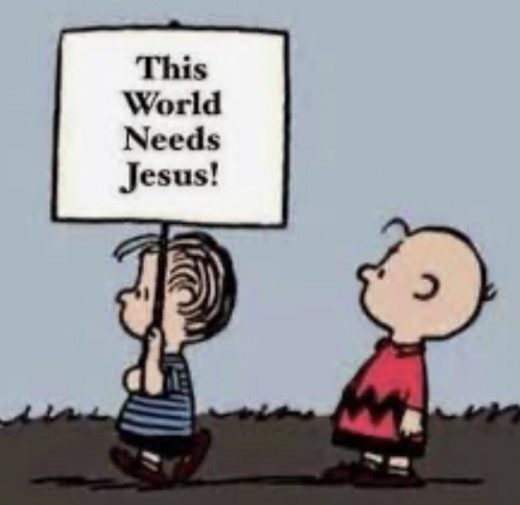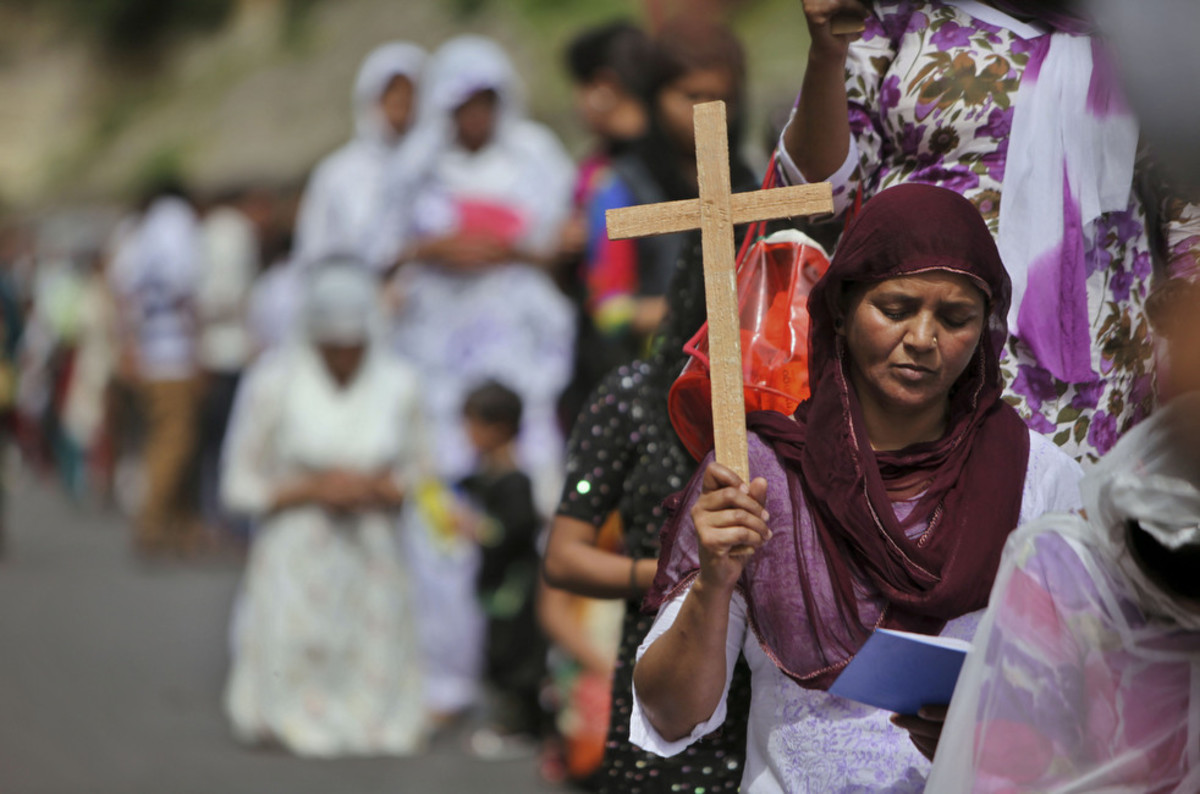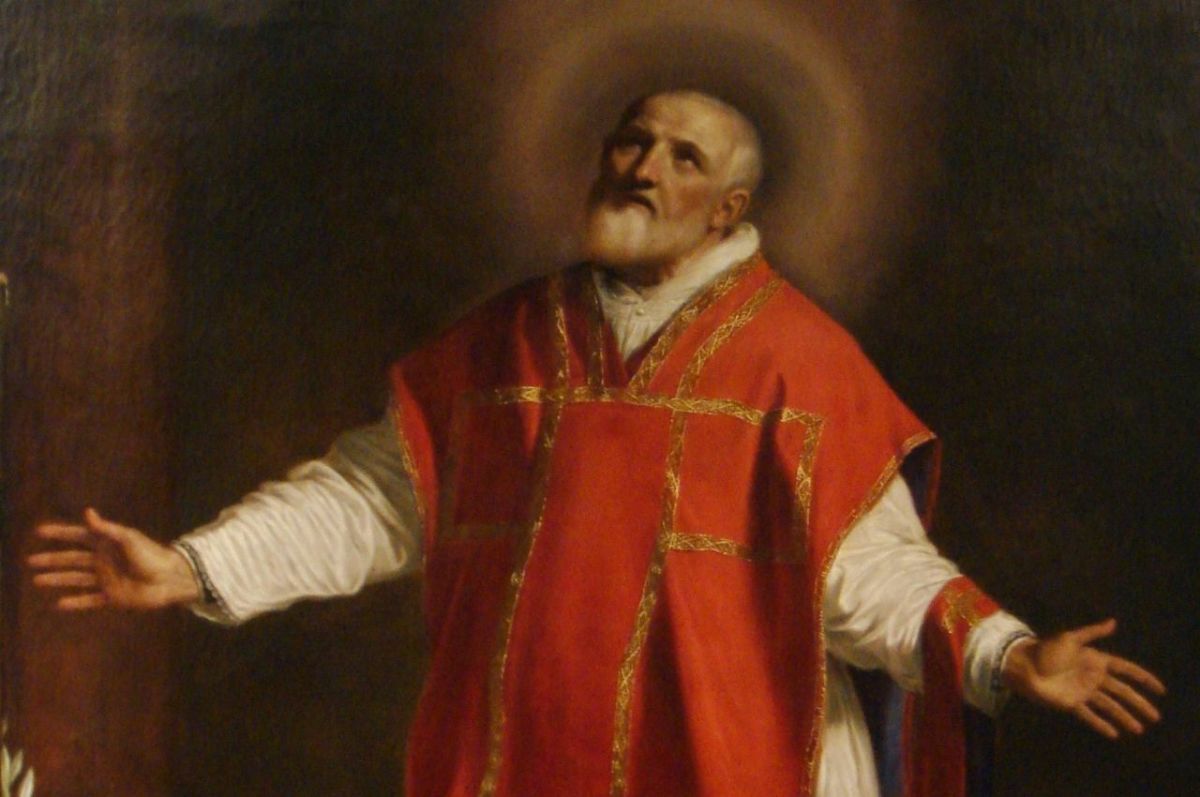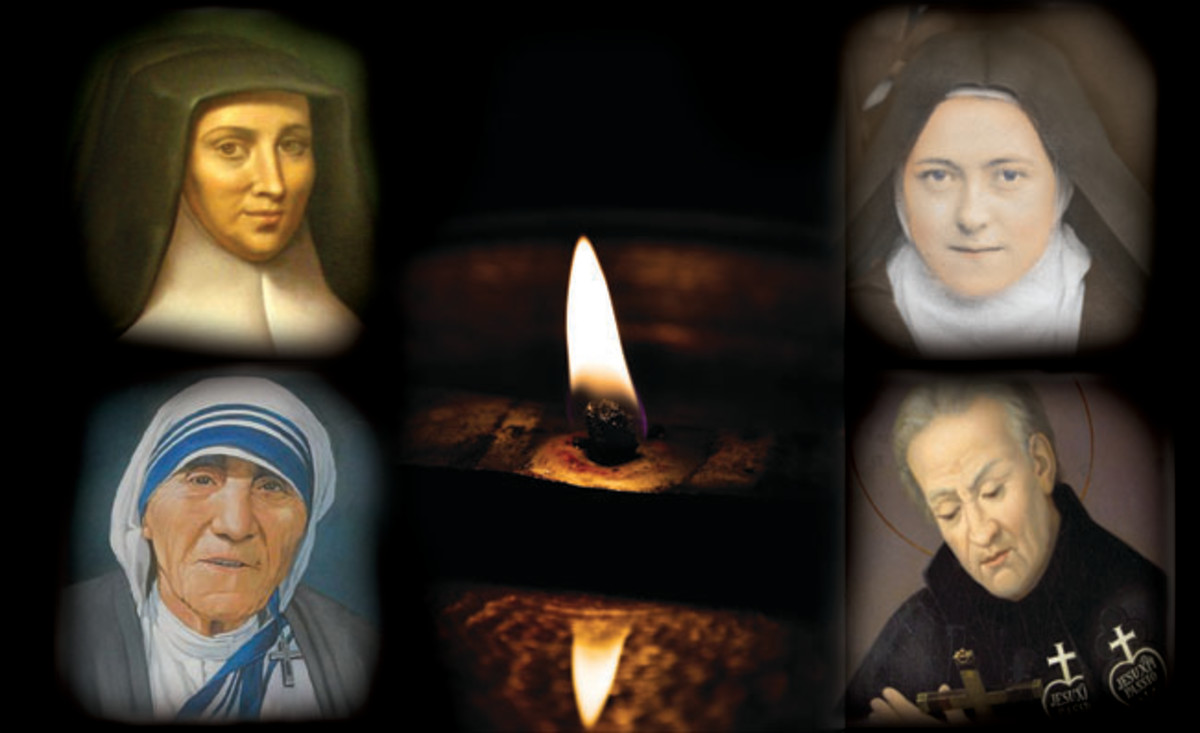A Battle of Wills

“The will of God is not something you add to your life. It’s a course you choose. You either line yourself up with the Son of God, or you capitulate to the principle which governs the rest of the world.” ~ Elisabeth Elliot
In his recent essay entitled ‘Our Greater Task,’ authors Stephen P. White tackles the prevailing trend that has permeated our culture, that of making ourselves in our own image. It’s an old but popular delusion he points out, one that is devoid of hope and sure to make everyday life virtually impossible. It’s made manifest most noticeably in places such as the transgender community, wherein teen suicide rates amongst these tragically confused youths are nearly three times higher than those of their teenage counterparts who accept their God-given sexuality. There are of course other examples.
Not too long ago, the head of the NAACP’s Spokane Chapter abruptly resigned after questions arose about her race. She claimed to be of African American descent. She was white. Thomas Merton once said “For each one of us, there is only one thing necessary: to fulfill our own destiny, according to God’s will, to be what God wants us to be.” Somewhere along the way, that mission had been largely disregarded, abandoned even.
“Not everyone who says to me, ‘Lord, Lord,’ will enter the Kingdom of heaven, but only the one who does the will of my Father in heaven.“ These are Jesus’ opening words in today’s Gospel (Matthew 7:21-29), wherein the Son of God goes so far as to proclaim “depart from me you evildoers” to those who prophesied in his name, drove out demons (!) in his name, and performed other various acts of charity and kindness, again, in His name. This teaching dramatically underscores the importance of aligning our will to God’a will in our lives.
How do we even know if we’re doing God’s will in our lives?
In Amy Harmon’s novel ‘From Sand and Ash,’ the protagonist Eva proclaims “Many will seek to tell me what God’s will is. But nobody knows. Not really. Because God is quiet. Always. He is quiet and my anguish is so intense, so incredibly loud, that I can only do my will and hope that somehow, it aligns with his.”
God is quiet. Always. Hmmm...more on that in a moment.
With regard to the true understanding of God’s will, we can all take solace in the words of the previously quoted Saint Thomas Merton in his famous ‘Prayer for Discernment.’ In it, he laments “the fact that I think I am following your will does not mean that I am actually doing so.” He does go on to point out however that he believes wholeheartedly that his desire to please God does in fact please Him. Again, may we all take consolation in that sentiment.
So back to this idea that God is quiet and distant, particularly during those times when we seek His guidance. Is God truly silent, or have we invited so much noise into our lives that we simply cannot hear his voice? We live today in an age of unprecedented distraction. If you’re not multi-tasking, you’re not being efficient. God cares little of our efficiency however; faith in Him is what He yearns for from His children.
Distractions can be fatal to the full cultivation of the spiritual life, hindering our ability to listen, think, pray and meditate. To simply be still. In Galatians 5:22-23, Paul reminds us that “the fruit of the Spirit is love, joy, peace, forbearance, kindness, goodness, faithfulness, gentleness and self-control.” In our word today, self-control would appear to be a fruit that is perpetually out of season.
We all need it. We all must pray for it.
Today’s Gospel allows us to delineate the difference between our belief and worship of God versus our trust and faith in Him. Many believe, many worship ~ some every day by way of the celebration of the Holy Mass. But aligning our will to the will of God is a pure act of faith. When God says to you “I need you here right now, doing this. I can’t reveal to you why. . . not right now anyway. But do you trust me?” and you respond with an unwavering “Yes,” that’s faith. For to quote the great Alfred Hitchcock, “In the documentary film that is our life, God is the director.”
On the heels of the Nativity of Saint John the Baptist, celebrated just yesterday https://hubpages.com/religion-philosophy/The-Nativity-of-Saint-John-the-Baptist, let us remember the poignant words of this intrepid and wise martyr: “He must increase, I must decrease.” (John 3:30).



